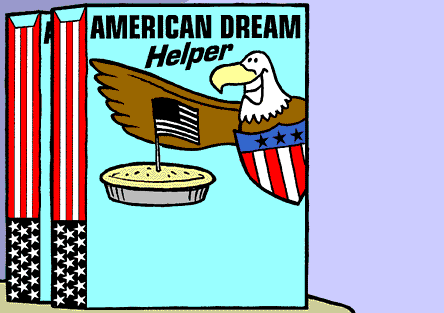Most freshmen college students think they know what academic discourse is. After all, they've been writing in an academic setting for about 12 years by the time they arrive at university.

And then they get a grade on their first college essay, and they wonder what went wrong.
What worked before doesn't work as well now. What do university professors expect anyway?

Disclosure: They expect something more like Teresa Thonney and "Teaching the Conventions of Academic Discourse," the article you just read.
Why didn't they just say so? Why keep their expectations a secret?
That's Thonney's point to the college writing teachers she is addressing. (No, you are not the primary audience!) She contends that there are some common characteristics of academic writing and college instructors should teach those conventions in their classes in order to give them the tools to meet professor expectations.
Yeah, that's basically it. Except she goes into detail about what those conventions are, why scholarly writers use them, and how it will help undergraduate students to begin using them in their own writing.
In this post, talk about your experience reading this academic journal article, written by a scholar for other scholars. What did you like? What was challenging? After all, you are not the primary audience. OR if you have read these types of articles in the past, what was that like?
And then talk about one or more of the conventions and how this style of writing is similar or different than what you have done in the past.
Or you could talk about how these conventions, which are rhetorical strategies, use the appeals to persuade the primary audience.




